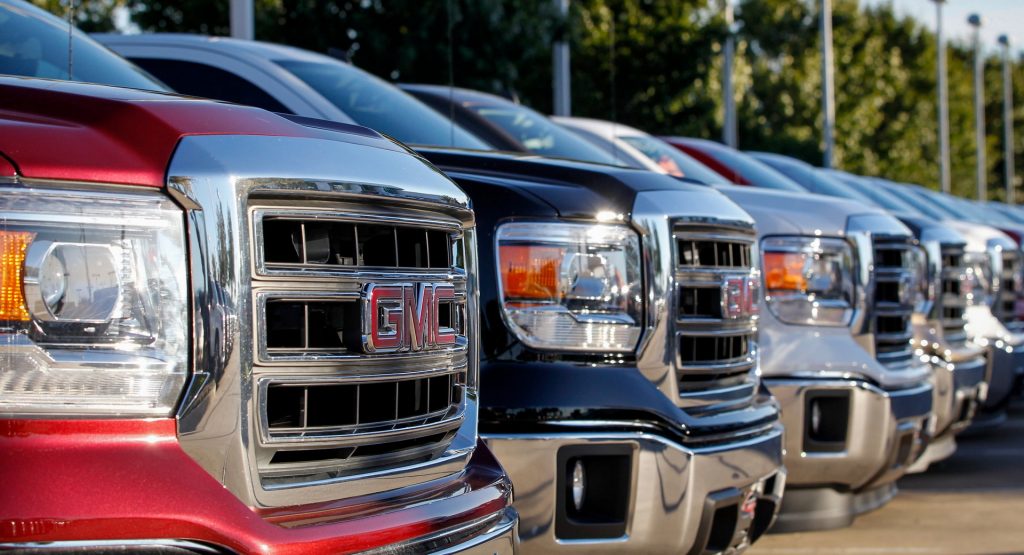One of the most notable effects of the pandemic has been the rising prices of used cars. In 2021, some used cars were selling for more than their MSRP. It’s a situation that is unprecedented. Literally.
KPMG, a multinational professional services provider, writes in a recent report that although fluctuations in used-car prices are common, “decades of data show nothing like 2021.” The report claims that in November 2021, the wholesale prices for used cars were up 44 percent over November 2020.
As has been well-covered, there’s a pretty clear reason for the increasing car prices. As supply lines have become choked, automakers have struggled to produce new cars, pushing more and more buyers into the used car market.
Read Also: Volkswagen’s Wolfsburg Plant Back To 1958 Levels Of Output As A Result Of Chip Shortage
As a result, KPMG argues that once those supply lines clear up and the gears of industry start turning at their usual rate, the used car market will readjust. If it happens suddenly, it could mean a 20-30 percent drop in used-vehicle prices.
Given the complexities of the global market, though, there are a number of possible ways for the process to happen.
“The question is not only when there will be sufficient supply to meet normal demand, but when supply will catch up with the cumulative shortage that continues to build up,” the report’s authors write. “And then there’s the question of demand: How many customers who didn’t buy simply because of shortages will still be in the market?”
Different factors to consider, including the economy
Other variables will also play a role, such as whether or not the economy will still be growing rapidly when automakers resume production. If automakers manage to return to producing vehicles at full capacity only to find that demand has declined, it could lead to a surplus of vehicles.
Indeed, the situation is complicated and all stakeholders will have to prepare themselves for an uncertain future. Dealers that have benefited from high profits will still have to look forward to a future of EVs, direct buying, and lowering margins. Lenders and buyers may also face difficulties if the market for used cars contracts and consumers are suddenly holding vehicles that are worth less than they owe.
KPMG sees multiple possible scenarios with inflation, interest rates, and the wider economy all playing a big part in how things will play out. One thing is almost certain, though, once automakers can resume production, the prices for used cars should shrink. The only question is how quickly.










